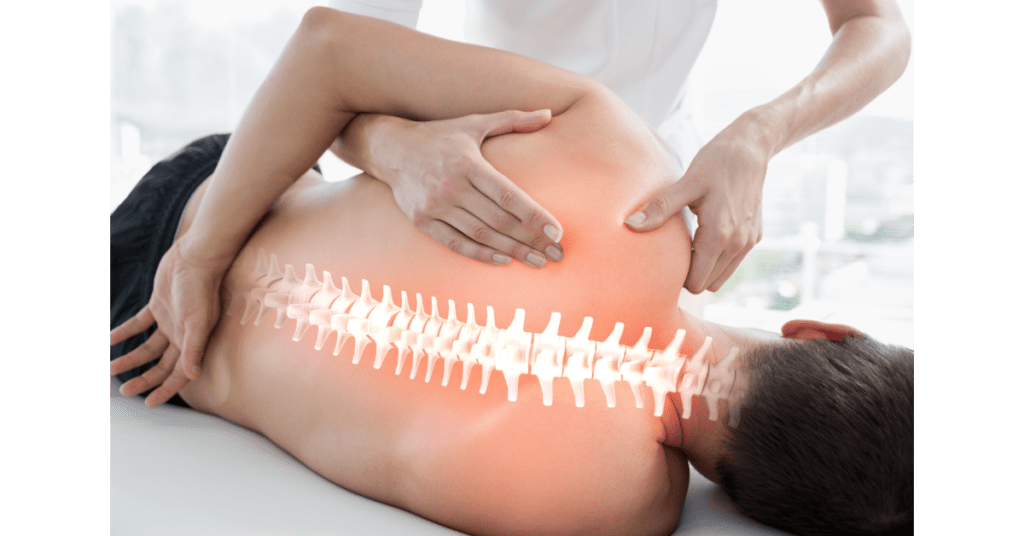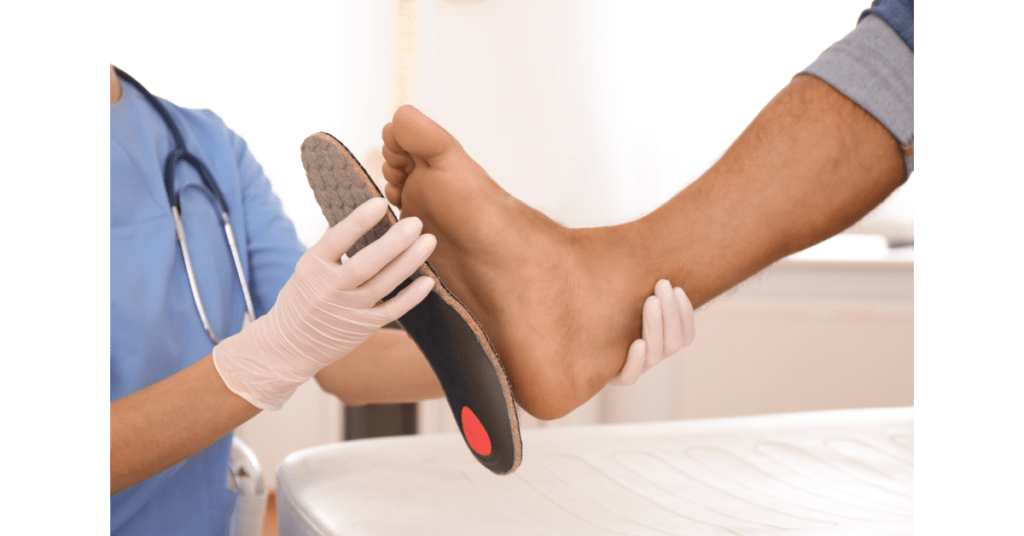What is Carpal Tunnel Syndrome?

The condition in which the median nerve gets pinched is called Carpal tunnel syndrome. The median nerve travels through a passage known as the carpal tunnel in the wrist and connects the forearm to the palm of the hand. This nerve sends signals and sensations to the thumb and fingers, barring the little finger. The condition typically occurs when this nerve gets compressed and causes numbness, burning tingling sensations, and results in pain in the wrist, hand, fingers, and arm.
What Causes Carpal Tunnel Syndrome?
Carpal tunnel syndrome can occur due to any activity that puts unusual pressure or stress on the median nerve. For example, even the manner in which one holds the head can affect the shoulder, neck, and elbow, leading to pain in the wrist. You need to be aware of the different risk factors that can lead to carpal tunnel syndrome. Tasks that are repetitive, like lifting weights, typing on a computer, writing, swinging a baseball or golf club, working with tools or on a cash register can lead to carpal tunnel syndrome. Other causes include metabolic diseases like diabetes, rheumatoid arthritis, a wrist fracture or dislocation, obesity, thyroid disorders, and pregnancy. The latter usually gets resolved after childbirth.
What are the Signs and Symptoms of Carpal Tunnel Syndrome?
Pain that starts in your wrist and goes up to your hand, numbness, tingling, or dull pain in the wrist or thumb and fingers (except the little finger) are all symptoms of carpal tunnel syndrome. Other symptoms include difficulty or inability to flex the fingers, turning the wrist inward, difficulty, and pain in performing routine activities like holding a phone, book, cooking, writing or driving, and weakness in the hand.
How is Carpal Tunnel Syndrome Treated?
Carpal tunnel syndrome can be treated with physiotherapy if detected early enough. Treatment consists of physiotherapy, medications, and in severe cases, surgery. Medications are anti-inflammatory drugs like NSAIDs. Physiotherapy is a non-surgical drug-free treatment that aims at reducing pain and swelling. It helps in strengthening, improves the range of motion, and prevents long-term damage. Physiotherapy also includes exercises and stretches and changes in habits or behavior. Other forms of treatment include traction, wrist braces or splints, hand therapy, and ultrasound therapy. If diagnosed in the early stages, it is highly beneficial. Surgery is a last resort and is opted for only when the condition is severe. A thorough assessment based on an individual’s needs is essential in order to determine the treatment for carpal tunnel syndrome. At our clinic we have notice by using Simply Align Technique which includes advance physical modalities, activity modification and specific exercises we have faster, longer lasting results with reduced healing time.
Can Carpal Tunnel Syndrome go away?
No. If carpal tunnel syndrome does not improve after a fortnight, it is best to consult a physiotherapist. It can actually cause permanent damage to the nerve and underlying muscles, as a result of which surgery may be recommended.
Can You Prevent Carpal Tunnel Syndrome?
Yes, it is possible to take certain steps to prevent it. Since carpal tunnel syndrome is caused by repetitive work or activities, it is advisable to take frequent breaks, following appropriate ergonomics by using the ergonomic keyboard and mouse, wrist stretches, and changing the manner in which you perform activities. Carpal tunnel syndrome is one of the most frequently diagnosed forms of nerve entrapment.
Are you looking for physiotherapy or a Chiropractor? If Yes, then visit Simply Align Rehab Physio in Scarborough/Toronto or Woodbridge/Vaughan or you can always call or text us for your Physiotherapy or Chiropractor needs in Toronto at (416) 438-3230 or For Physiotherapy or Chiropractor need in Vaughan (Woodbridge) at (905) 638-9840.








